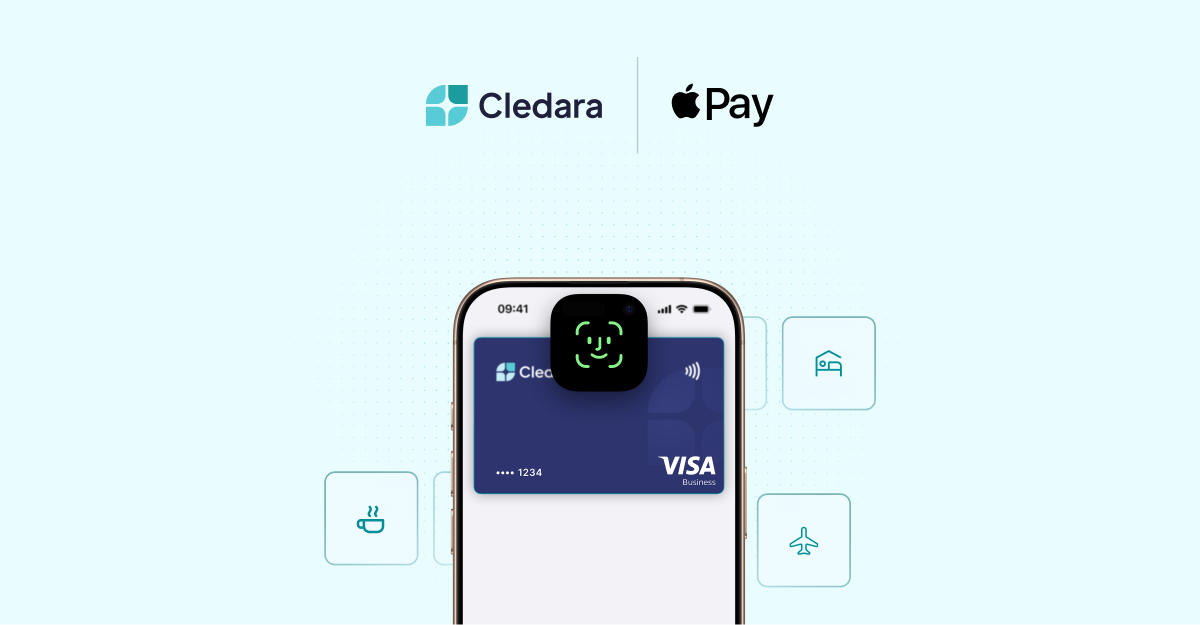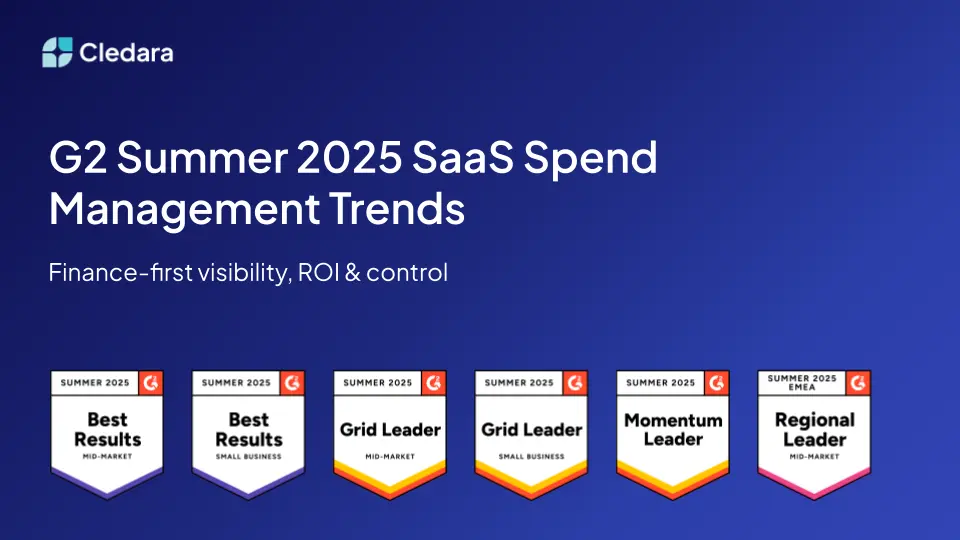We kicked off the fall with yet another edition of SaaStock Local Barcelona! This time around a panel of international speakers and a crowd of startup founders helped shape the event into a productive evening centered on the latest insights on sales and fundraising for startups.
Here’s what you should know!
First of all, why did we decide to bring SaaStock Local back to Barcelona?
Ranked fourth in European cities with the most funding rounds, Barcelona is quickly becoming the most compelling SaaS and startup hub in Europe and we at Cledara are eager to build a strong community of startup founders.
That’s why SaaStock chose Cledara to run the Barcelona chapter of the events brand that has brought together more than 30,000 SaaS founders, executives, and investors since 2016.
A melting pot of experiences
We were accompanied by an international audience of founders, investors, and SaaS enthusiasts, all eager to discover the latest insights and trends from our line-up of industry experts.
The speakers:
- Harrison Rose, co-founder of Paddle and Goodfit.io
- Paul Jozefak, serial entrepreneur and 15-year VC, now CEO at receeve
- Xavier Sansó, founding partner at CFO advisory for startups Metrix Partners
- Christian Rasmussen, 10-year fintech early-stage investor and CFO at Cledara.
This mix of background and SaaS expertise was a great match for the themes covered during the moderated sessions on sales effectiveness and startup fundraising.
The sales effectiveness panel
In this session, Cledara CMO Rob Glickman held a chat with Paul Jozefak and Harrison Rose to discover the learnings on sales effectiveness that they’ve gained over the years from running successful startups. Here are some of their insights:
The 3 levers of sales (Harrison Rose)
In the early stages of a company, understanding how to operationalize your sales is important. As a founder, your primary focus should be to figure out how to turn your sales into a repeatable process that your team can execute. To do that, you should focus on the following 3 levers:
1. What is a qualified customer to you?
2. How can you prioritize and spend the most time on those likely to purchase your products?
3. How can you deliver the right message to prospective customers?
A key equation: Sales Velocity (Harrison Rose)
Another good concept to keep in mind when building out your sales machine is Sales Velocity. This equation is comprised of 4 metrics that determine the speed of your sales operation and how much revenue a company can expect to generate over a specific period.
In order to improve your sales effectiveness, see how you can positively influence each one of those 4 metrics – number of opportunities, average deal value, win rate, and length of the sales cycle.
Focus on learning your sales process (Paul Jozefak)
Metrics are important for sales, but at an early stage, you shouldn’t obsess over them. The most important thing for startups in the early stages is to: learn, improve, and systematize.
Once you figure that out, then you can attach metrics to it. What’s more, with a focus on improving and systematizing processes, you’ll naturally get a feel for those metrics that matter to the success of your sales strategy.
“As a founder, you’re doing something right if you’re not doing every sale” - Paul Jozefak
Sales is an art form (Paul Jozefak)
Oftentimes that "aha" moment in sales comes from repeated exposure to your ideal customer. When your salespeople start to understand what makes the customer tick, they’ll be able to say the right thing at the right time to close deals faster.
There is no metric for this, but placing priority on developing an in-depth understanding of customer pain points and their way of thinking will deliver insights that can drive a more effective communication strategy.

A session on startup fundraising in a downturn
For the second part of the evening, Cledara’s newly appointed CFO Christian Rasmussen moderated a panel formed by Harrison Rose, Paul Jozefak, and Xavier Sansó from Metrix Partners. This session was all about the latest advice for startups when it comes to raising funds in turbulent times. Here’s what the experts had to say:
There’s no better funding than actual revenue (Paul Jozefak)
When times are tough, you must focus on creating opportunities in your sales processes. That ensures that you get more revenue – the best form of funding. Not only is keeping your eyes on process improvement a good way to strengthen your company’s bottom line, but if you run a tight ship when times are tough it also attracts attention from investors. Show them that your business is efficient, and they’ll be much more comfortable writing you a check.
Angel VC investors are your best friend (Harrison Rose / Paul Jozefak)
Nowadays, many VCs also partake in angel investing. Make sure you find those Angel VCs as they are able to guide you further when you get to Series A and beyond. And it’s not only their guidance that’s valuable, Angel VCs may also able to share their market knowledge, which is extremely useful to benchmark your startup against similar companies.
People forget that fundraising is a strategy (Xavier Sansó)
And if you don’t approach it like that, you’re setting yourself up for failure. During market downturns, It’s important to put on your salesman hat and strategize on how best to approach your fundraising.
Paul Jozefak had a great addition to this: make sure to include a few ‘throw away’ VCs in your outreach to practice your pitch strategy. This way you learn what to expect from investors and how to hone your pitching strategy, both vital to increasing your likelihood of success.
A question nobody asks VCs (Xavier Sansó)
Most people in talks with investors forget to ask a crucial question: where are VCs in their fund deployment cycle?
Why does this matter? Well, since most VCs have an investment window of 8 to 10 years, they’ll be much more bullish on their bets in the first few years. Once their investment window gets smaller, funds tend to be more risk-averse. That gives you an easy indicator of the appetite for risk of the funds you’re in talks with. These basic finance questions can help you navigate how you approach investors while fundraising.

Over the course of both sessions, the speakers emphasized that it's important for founders to be aware that they’re the ones who are best suited to shape the company narrative. Whether you’re fundraising or optimizing your sales process, as a founder, you have to be able to lay out the vision for how your company becomes successful. Without that vision, it’s going to be tough to guide your colleagues and convince investors to back your startup.
Startup pitch-off
During the break between sessions, we held a lightning round of elevator pitches from startups in the crowd. After a unanimous round of applause, the best pitch went to Ben Comstock, founder, and CEO of OfficeAcord – a simple all-in-one employee experience hub to onboard, connect and retain talent. Congrats Ben!
Rooftop networking
To conclude the evening, we headed upstairs for what’s now become a tradition at SaaStock Barcelona: tapas and drinks on the rooftop deck!
Attendees were able to enjoy a relaxed atmosphere, connect with each other, and network with speakers and investors. That’s what sets SaaStock apart, it’s an event to discover the latest insights in SaaS, but at the same time, we make sure that attendees are able to connect with those leading innovations in the world of startups and scaleups.

Curious for more?
Subscribe to our newsletter to stay informed on all of our upcoming events. We'll be back with the 4th edition of SaaStock Barcelona near the end of 2022. For more insights, download our latest trends for startup sales and fundraising via the link below.











.webp)

.webp)

-min%20(1).png)




